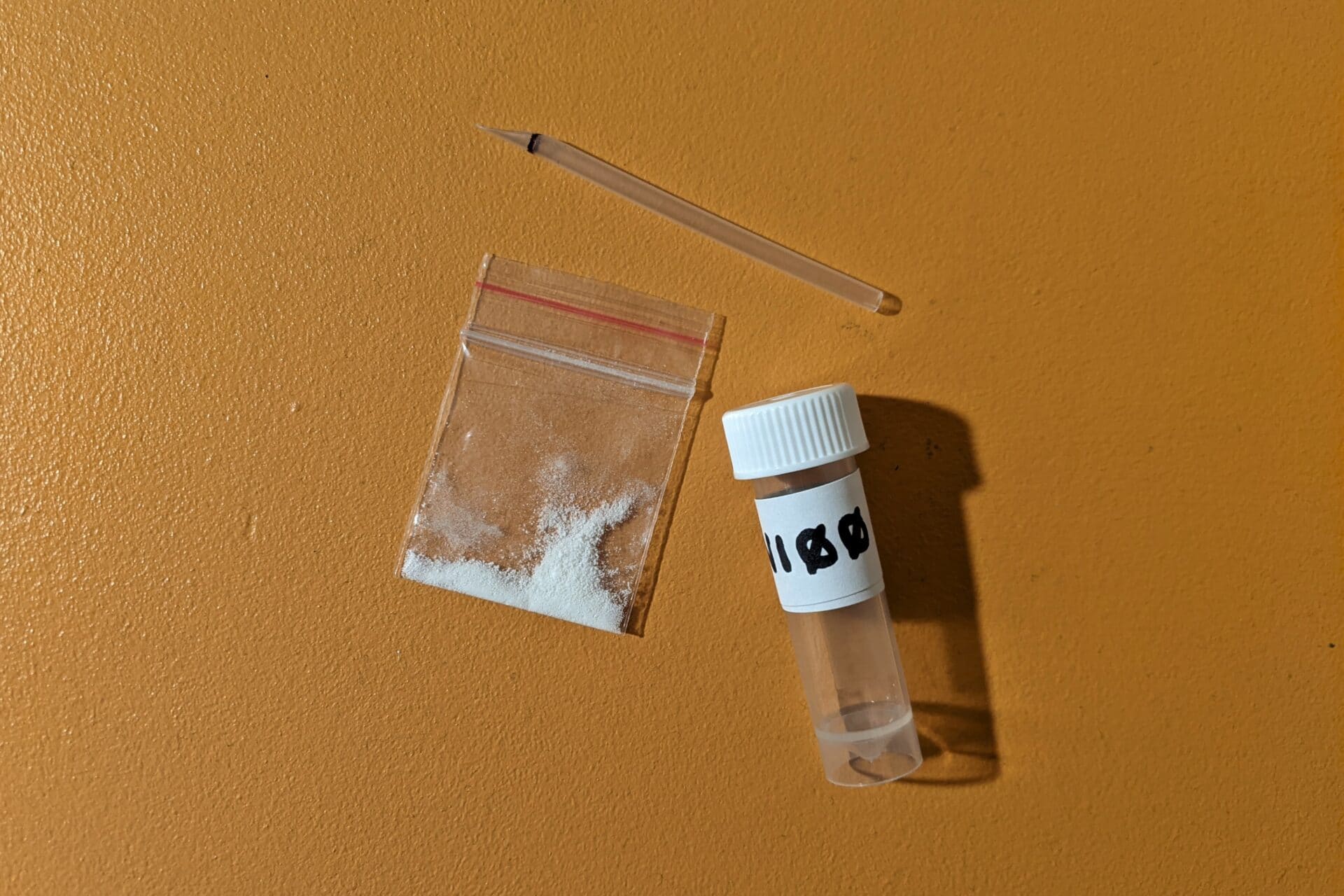Community and public health harm reduction services save lives amidst abstinence bias
Juno Zavitz of Breakaway Community Services and Hayley Thompson of the Toronto Drug Checking Service speak to the urgency and importance of diversifying harm reduction strategies in the Toronto opioid crisis.
Zavitz, the program coordinator of Breakaway’s grief, loss, and wellness initiative outlines the impact of COVID-19 on the opioid crisis.
“The biggest impact has been the increase of fatal overdoses that we’ve seen as a result of people having to isolate or being forced into isolation when using […] even more risky forms of fentanyl analogs that have been increasingly volatile and increasingly unpredictable,” says Zavitz.
A drug analog is an imitation of a drug that we normally see in the unregulated drug supply.
Thompson, the project manager of Toronto’s Drug Checking Service, speaks to the high rates of contamination of the drug supply. Drug checking allows drug using people to confirm whether the purchased unregulated drug contains what they expect.
“We know from our samples checked that only 5 per cent of fentanyl substances that have been submitted to the service only contained fentanyl, which means that the other 95 per cent of the samples that we’ve checked did not align with service user’s expectations because it included drugs other than fentanyl,” adds Thompson.
Thompson highlights key substances in the adulteration or contamination of opioids. Contamination refers to the addition of a drug to the original substance that the drug using person does not expect to be present.
“[…] Benzodiazepine related drugs […] present in about 65 per cent of fentanyl samples checked. These drugs put people in dangerous risk of vital suppression — slowing down of breathing, blood pressure, heart rate. So we’re seeing this in conjunction with a high number of opioid or overdose related deaths,” says Thompson.
Thompson shares that the Drug Checking Service allows both drug using people and harm reduction specialists to prepare for potential adverse effects or overdoses.
To hear more, listen to the interview below. This story is the first in a three-part series centred on the opioid crisis in Toronto:









